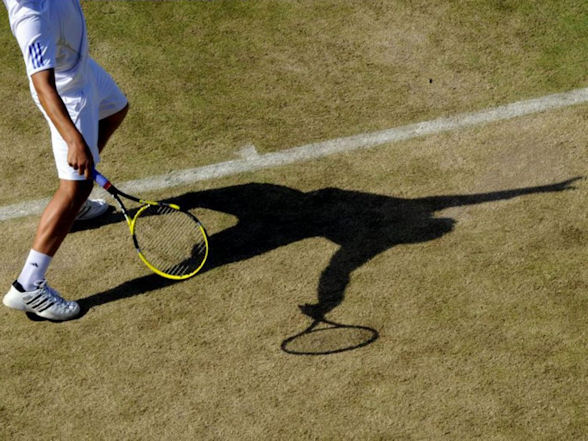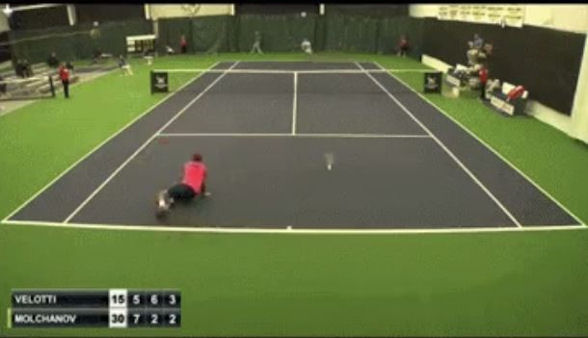It seems almost unfathomable that a match at this week’s Australian Open could find itself under scrutiny for possible match-fixing less than a week after allegations of widespread cheating by some of the world’s top players dominated headlines.
Yet such is the problematic nature of the match-fixing scourge – and so reluctant have authorities been to take any meaningful action – that even having the whole world watching is no deterrent for those who rig matches for money.

Suspicion fell on a first round mixed doubles match at the Australian Open on Sunday when sportsbook Pinnacle Sports advised authorities that an unusually high amount of money had been wagered on an otherwise unremarkable clash, with almost all the money bet on Andrea Hlavackova and Lukasz Kubot to beat Lara Arruabarrena and David Marrero.
Arruabarrena and Marrero proceeded to lose 6-0, 6-3 in less than an hour although they have vehemently denied throwing the match.
The International Tennis Federation has spent the past week denying any knowledge of match fixing following a report by the BBC and BuzzFeed which claimed 16 players were repeatedly flagged for taking part in matches boasting suspicious betting patterns.
The problem with those denials is that many of these suspect betting patterns are simply too obvious to ignore.

Twelve months ago, our friends at sports betting analysis/tipping site The Inside Word cited a match played at an APT Challenger event in Dallas between Ukrainian Denys Molchanov and Argentina’s Agustin Velotti in which Molchanov was rated a $1.63 favorite.
Concerns first started to be raised when Molchanov suddenly drifted to $2.36, but the real drama followed once the match had begun as his price continued to drift when he won the first set! In other words, not only had Velotti gone from outsider to strong favorite before the match, he continued to firm as the favorite even as he fell a set behind!
If there were any doubts over what was transpiring, they were quickly erased when Molchanov “mysteriously” faded to eventually lose in three sets – just as punters had predicted.

Despite reports later confirming there had been a high probability of match fixing, no action was taken against Molchanov. Herein lies the problem with the current climate, which sees authorities reluctant to take action without 100 percent concrete, irrefutable evidence. Never mind the fact that the evidence is staring them right in the face.
For the time being at least, the powers that be have seemingly chosen to ignore it … but ignoring it won’t make it go away. As much as they hate to admit, there are some dark days for tennis on the horizon.







